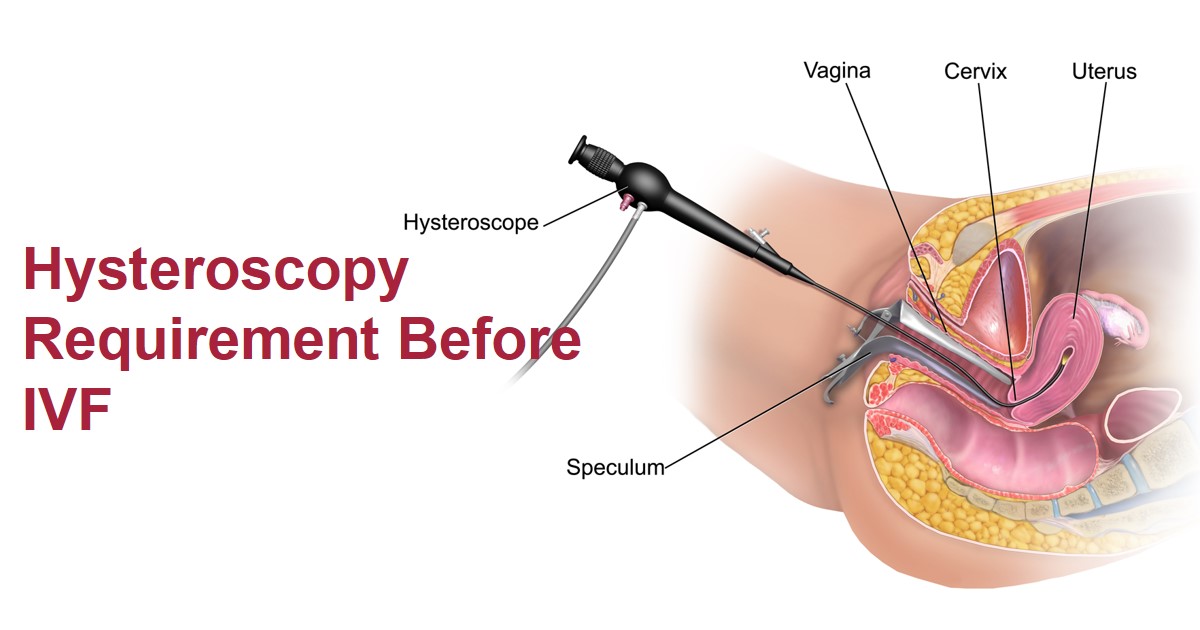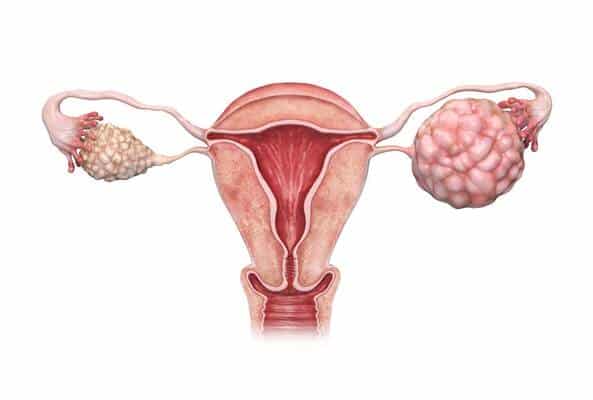A pre-IVF hysteroscopy, also known as a diagnostic hysteroscopy before in vitro fertilization (IVF), is a medical procedure performed on individuals who are planning to undergo IVF treatment. It involves the examination of the inside of the uterus (the uterine cavity) using a thin, lighted instrument called a hysteroscope.
Here’s an overview of what a pre-IVF hysteroscopy entails:
1. Diagnostic Purpose: The primary purpose of a pre-IVF hysteroscopy is to assess the uterine cavity for any structural abnormalities or conditions that could potentially affect the success of the IVF procedure. These abnormalities may include polyps, fibroids, scar tissue (adhesions), uterine septa, or other issues that may hinder embryo implantation or pregnancy.
2. Timing: The hysteroscopy is typically performed before the IVF cycle begins, during the initial stages of the fertility treatment. This allows any identified uterine abnormalities to be addressed or treated before proceeding with IVF.
3. Procedure: During the hysteroscopy, a hysteroscope, which is a thin, flexible tube with a camera and light source at the end, is gently inserted through the cervix and into the uterine cavity. This allows the fertility specialist to visually examine the uterine lining and identify any abnormalities.
4. Treatment if Necessary: If any issues are detected during the hysteroscopy, such as the presence of polyps or fibroids, they can often be removed or treated during the same procedure. This can help optimize the uterine environment for embryo implantation.
5. Anesthesia: A pre-IVF hysteroscopy is usually performed under local anesthesia or sedation to minimize discomfort. In some cases, general anesthesia may be used.
6. Recovery: Recovery after a pre-IVF hysteroscopy is typically quick, and most individuals can resume normal activities within a day or two. Some may experience mild cramping or spotting for a short period.
7. Outcome: The findings from the hysteroscopy can guide the fertility specialist in determining the best course of action for the IVF treatment. If no significant uterine abnormalities are detected, the IVF cycle can proceed as planned. If issues are identified and treated, it may improve the chances of a successful IVF outcome.
A pre-IVF hysteroscopy is an important step in the IVF preparation process, as it allows for the identification and correction of potential obstacles to successful embryo implantation. It helps ensure that the uterine environment is optimal for the implantation and development of the embryo, increasing the likelihood of a successful IVF pregnancy.
Consult, personalized advice and guidance from Dr. Arohi Tasgaonkar, a Gynecologist in Waghbil at in Complete Women’s Care



